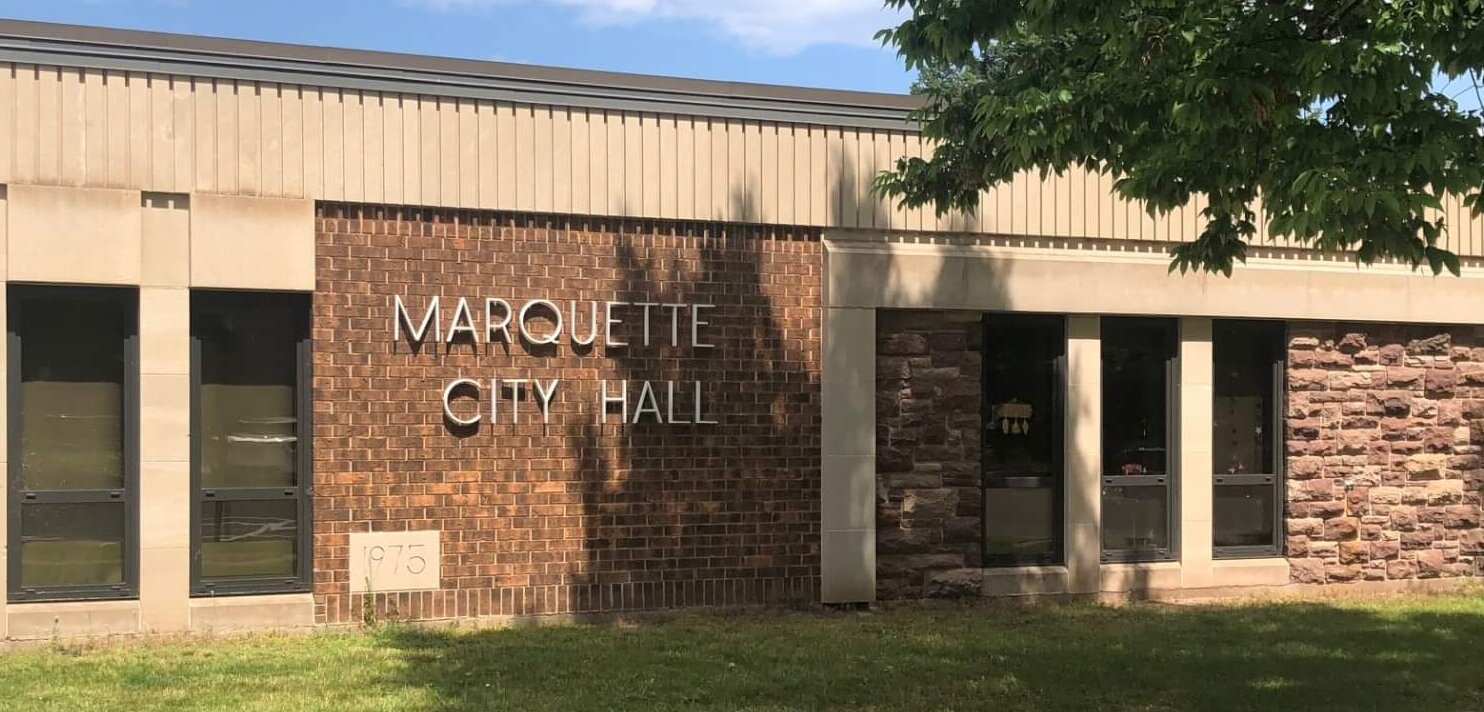IT WAS ALL THE WAY BACK in 1789 when Ben Franklin declared, “Nothing is certain except death and taxes.” After Marquette property owners looked at their summer statements, some might question which is worse.
In most cases, tax bills went up 5%. That’s the most the city can increase property taxes, so yes… you’re being hit up for the max. Which leads one to ask, why are our taxes so high… and what can we do about it?
Actually, a better question is… are Marquette’s property taxes actually high? My shallow dive into the tax rates of other Michigan cities shows we’re comparatively not high. Feel better?
For example, both Negaunee and Ishpeming have a higher tax rate. So does Iron Mountain. Traverse City, the city we’re always compared to, has a slightly lower tax rate.
A logical comparison would be with a community of a similar size and makeup. Mount Pleasant fills the bill, with a comparable population and a university. Their tax rate is 15% higher than ours.
So let’s put aside the argument that Marquette is alone in being an expensive place to be a property owner. That doesn’t make the check any easier to write, but it should get our city administrators off the hook. It doesn’t, but it should.
Sure, it’d be nice if our taxes didn’t go up every year. But as we know… everything is going up. In fact, that 5% is less than the calculated rate of inflation. As things are going, we can probably expect a similar increase next year.
Balancing the Budget
Just like your household budget, there are two ways for a city to have enough money to pay the bills… increase revenue and/or cut costs. Your tax bill shows they’re already employing the former. It’s likely many residents wouldn’t mind a little belt tightening to facilitate the latter.
When WE Energies shut down their Presque Isle Power Plant, it took a big chunk out of our of tax revenues. It’s almost impossible to “cut” your way out of that, without seriously impacting the services we expect from our city. It’s going to take a while to recover from such a loss in taxable property.
One way to increase revenues would be to institute an “income tax.” This would enable the city to assess a tax upon those who don’t necessarily own property in the city, but work here, nonetheless. Mayor Sally Davis says, “For some, this makes sense because we have a large number of people who live outside the City and come to the City for work. They benefit from the services we have.” This wouldn’t be an easy sell, and would require a vote of the people. I haven’t seen a real push for this… it’s just that it’s about the only other way to increase revenues.
I’ve also heard it suggested we somehow tax tourism. The hotels already assess a fee that goes to the local travel bureau, but only the hospitality industry largely benefits from that. What about the rest of us who welcome visitors? According to City Manager Karen Kovacs, “There is currently no legal mechanism to assess a local tax on tourism (hotel or Airbnb) in Michigan.”
Big Government
What about the idea that, just like what we hear about Washington… the government is just too darn big? One resident suggested each city department be challenged to reduce their costs by 10%. Davis says cost cutting is already a priority. “The administration, department heads, and all staff have been engaged in identifying efficiencies and cutting costs – often decisions that have gone unnoticed by the public.”
I’ve also heard comments about things like the city’s commitment to the arts and recreation, and other programs that don’t directly enhance the revenue stream. It’s easy to say, “cut costs.” It’s a little harder to get residents to agree on exactly what costs to cut.
According to Kovacs, “For the past 3 years, we have taken a very hard look at maintaining the services provided rather than cutting any routine services. We have significantly scaled back on the one-time projects and capital improvements, but that means eventually we will need to catch up and complete some bigger projects.”
Another complaint I’ve heard is about all of our brownfield projects, where residents are under the impression their taxes are subsidizing developers’ for-profit projects. Kovacs explains, “No brownfield project has forced others to pay more in taxes. We receive the same revenue that was available before the project started and would not be able to collect the future revenue at the conclusion of the plans without providing the incentive.”
Davis agrees. “Brownfield Tax Increment Financing has revitalized our community and provided public benefits. Through the program, developers are reimbursed for rehabilitating blighted, contaminated, and functionally obsolete sites.” Founders Landing and the old hospital property are good examples of that.
So, we’ve identified the problem, but no obvious or easy solutions. My doctor once told me the only way to avoid arthritis is to die. I guess the same could be said about taxes.


